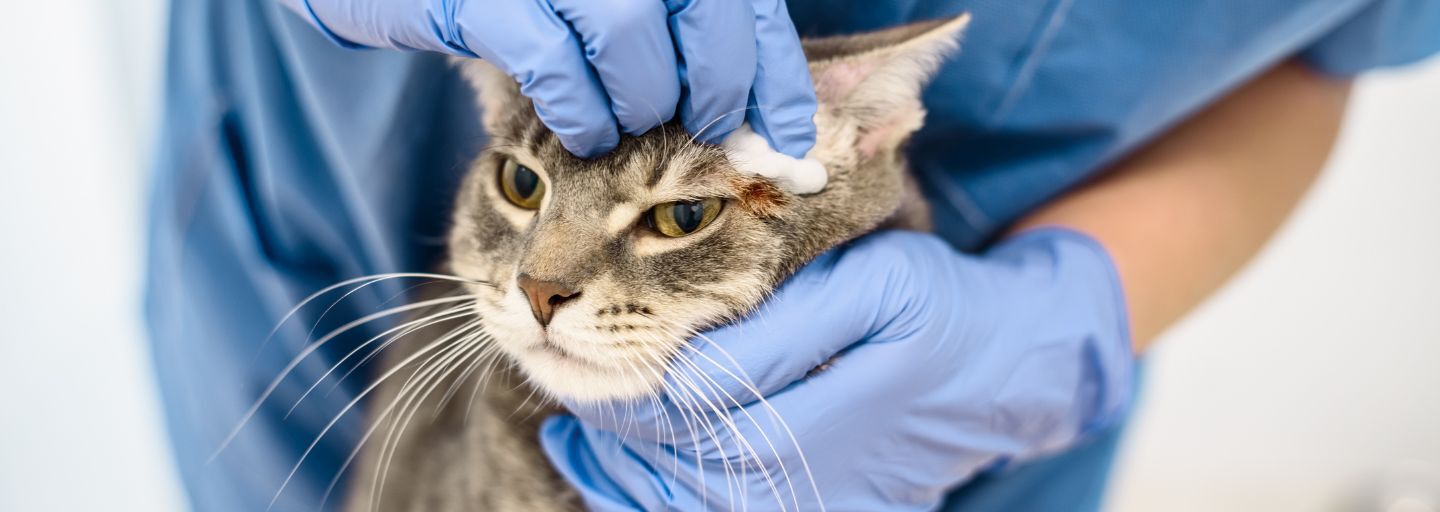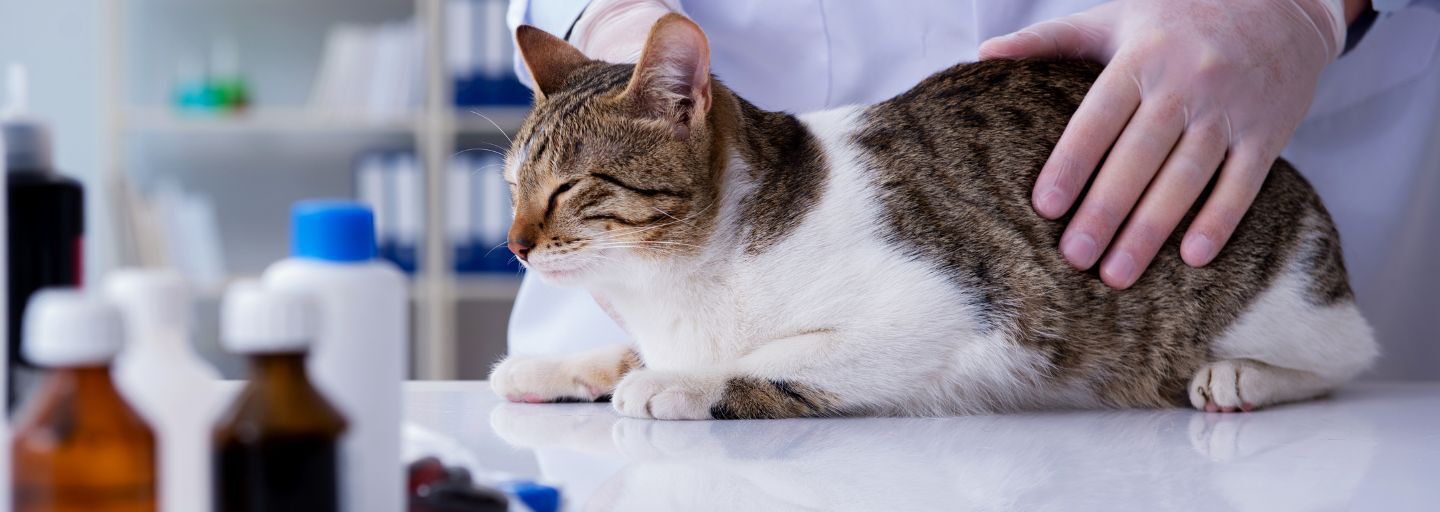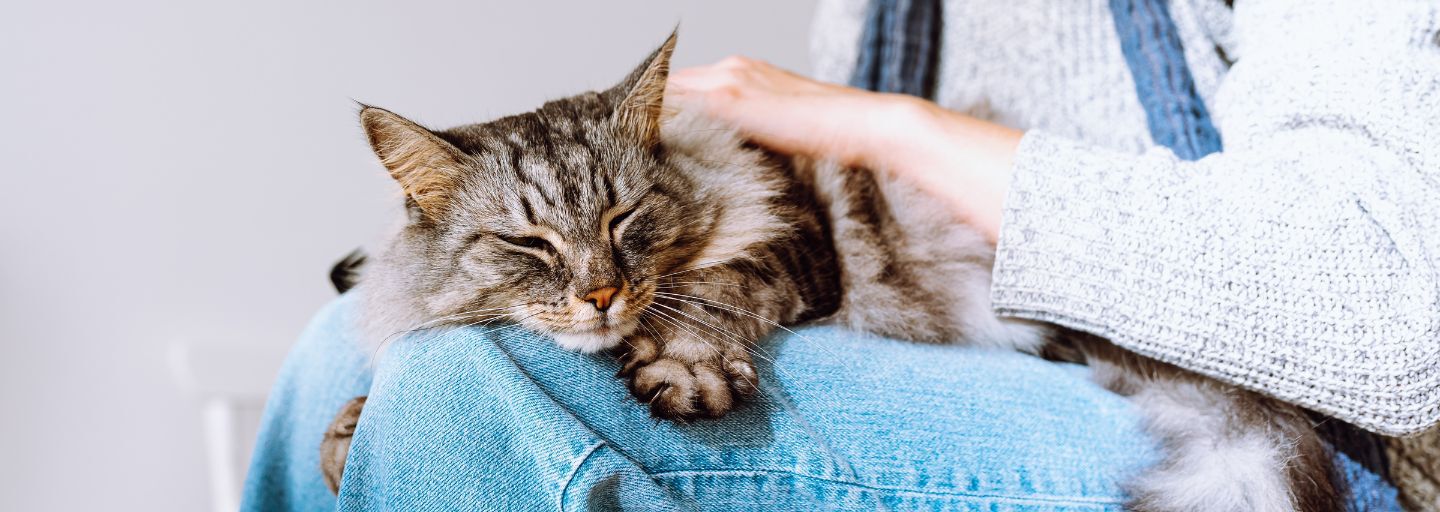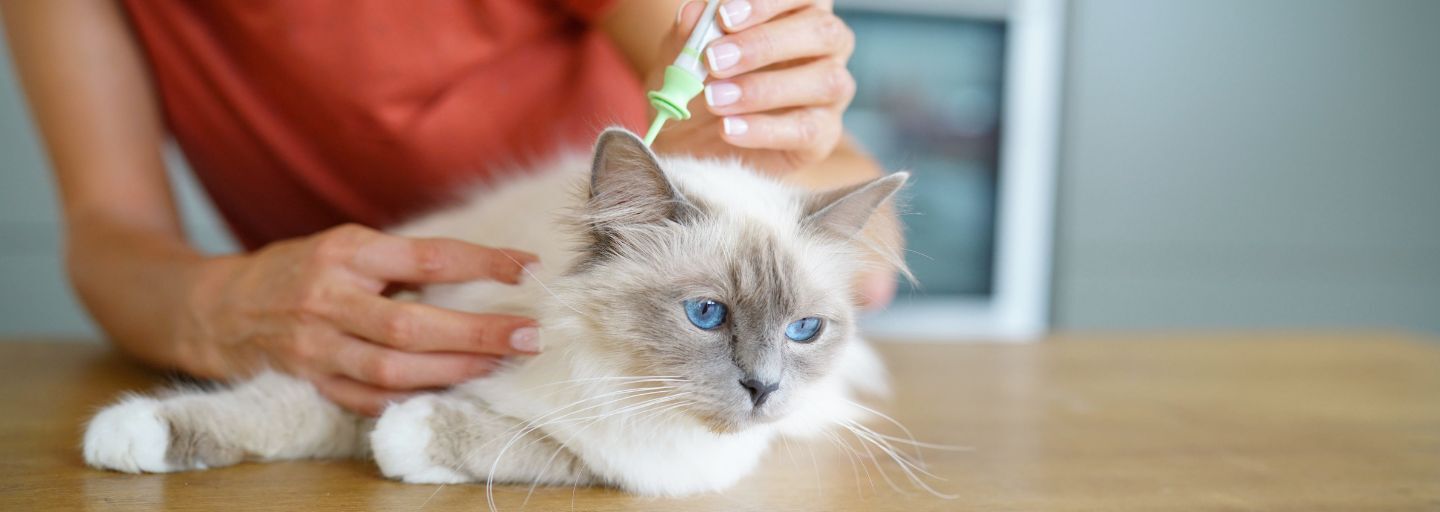As cat owners, we strive to keep our feline companions healthy and happy. However, there are certain conditions that can affect cats, and one of them is ringworm. Understanding the causes, symptoms, and treatment options for ringworm in cats is crucial for providing the best care for our furry friends.
What is Ringworm in Cats?
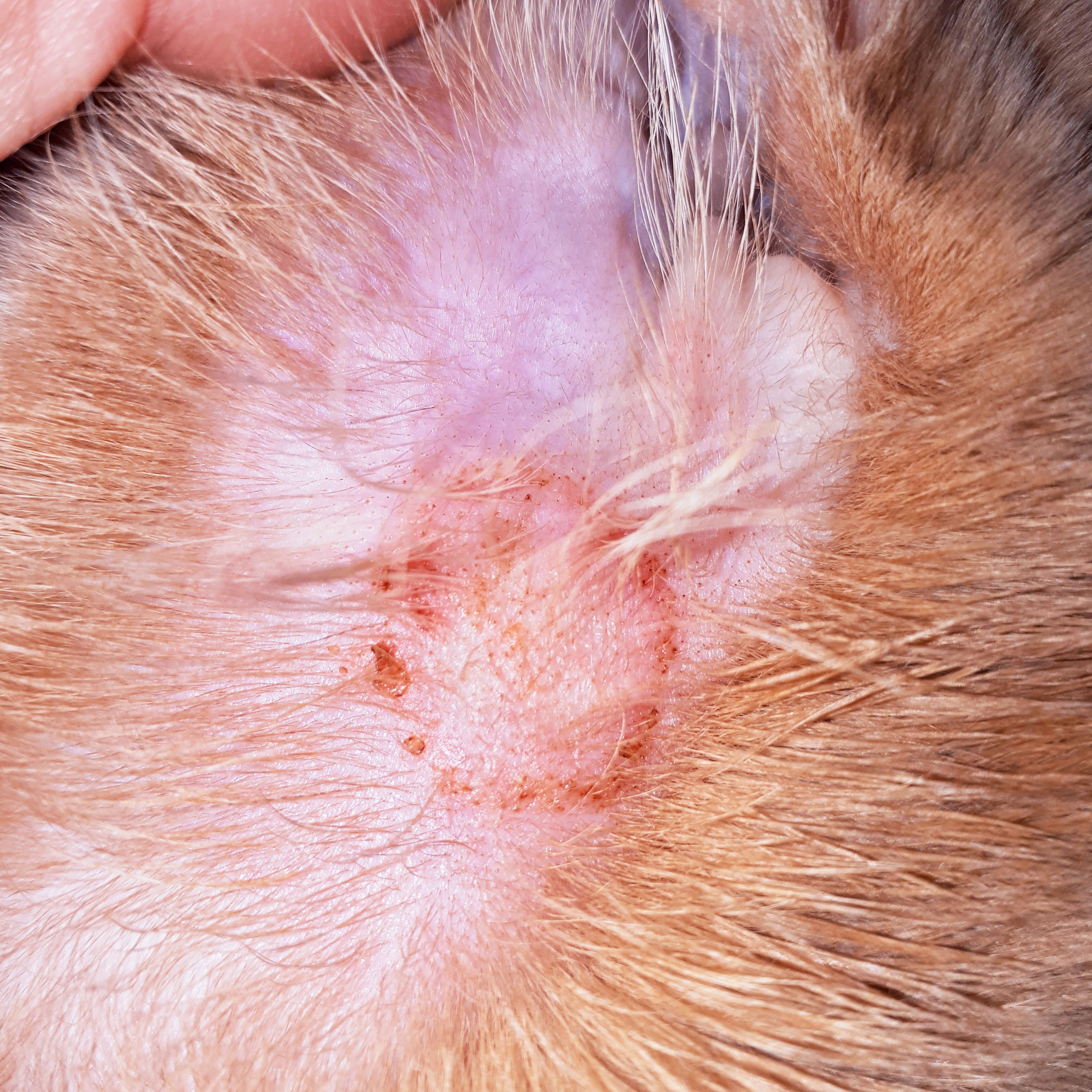
What is Ringworm?
Despite its name, ringworm is not caused by worms but is actually a fungal infection that can affect the skin, hair, and nails of both humans and animals, including cats. The term "ringworm" refers to the characteristic circular or ring-shaped lesions that often appear on the skin during an infection. The medical term for ringworm is dermatophytosis.

Causes of Ringworm in Cats
Ringworm is caused by a group of fungi called dermatophytes, which thrive in warm and humid environments. The most common dermatophyte that affects cats is Microsporum canis, although other species like Trichophyton and Microsporum gypseum can also be responsible. These fungi feed on keratin, a protein found in the outer layers of the skin, hair, and nails.
Ringworm is highly contagious and can be easily transmitted from one cat to another through direct contact or by sharing contaminated objects such as bedding, grooming tools, or furniture. It can also be transmitted from cats to humans and vice versa, making it important to take precautions when handling an infected cat. Additionally, cats with weakened immune systems, such as kittens, older cats, or those with underlying health conditions, are more susceptible to ringworm.
Symptoms of Ringworm in Cats
Ringworm in cats can manifest in various ways, and the symptoms can vary from mild to severe. Some common signs of ringworm in cats include:
- Circular Patches of Hair Loss: One of the most noticeable symptoms of ringworm is the presence of circular patches of hair loss on the cat's skin. These patches may appear red, scaly, or crusty.
- Itchy or Irritated Skin: Cats with ringworm may experience itchiness or irritation in the affected areas, leading to excessive scratching or licking.
- Broken or Brittle Hair: The hair around the affected areas may become brittle, break easily, or appear dull.
- Skin Lesions: In some cases, ringworm can cause raised, inflamed, or ulcerated skin lesions. These lesions may be more common in severe or long-standing infections.
- Secondary Infections: Cats with ringworm are more susceptible to secondary bacterial infections, which can further complicate the condition.
Diagnosing Ringworm in Cats
Diagnosing ringworm in cats requires a combination of clinical signs, microscopic examination, and fungal culture. If you suspect that your cat may have ringworm, it's important to seek veterinary attention for an accurate diagnosis. The veterinarian may perform the following diagnostic tests:
- Wood's Lamp Examination: A wood's lamp, which emits ultraviolet light, can be used to examine the cat's skin and hair. Some types of ringworm fungi fluoresce under this light, aiding in the diagnosis. However, not all species of ringworm fungi will fluoresce, so a negative result does not rule out the presence of ringworm.
- Microscopic Examination: The veterinarian may take a sample of hair or skin scales from the affected areas and examine them under a microscope. This allows them to look for the presence of fungal elements such as spores or hyphae.
- Fungal Culture: A fungal culture involves collecting samples from the cat's skin or hair and growing them in a laboratory setting. This helps identify the specific species of fungus causing the infection and allows for appropriate treatment.
Treatment Options for Ringworm in Cats
Treating ringworm in cats typically involves a combination of topical and systemic therapies. The specific treatment plan will depend on the severity of the infection and the cat's overall health. Some common treatment options include:
- Topical Antifungal Medications: Antifungal creams, ointments, or shampoos may be prescribed to apply directly to the affected areas. These medications help kill the fungus and prevent its spread.
- Systemic Antifungal Medications: In more severe or widespread cases of ringworm, oral antifungal medications may be necessary. These medications work from within the cat's body to eliminate the fungal infection.
- Environmental Decontamination: It's crucial to thoroughly clean and disinfect the cat's environment to prevent reinfection. This includes washing bedding, vacuuming the house, and using appropriate antifungal disinfectants on surfaces.
- Isolation: Infected cats should be isolated from other pets to prevent the spread of ringworm. This includes limiting their access to shared spaces and avoiding direct contact with other animals.
Preventing Ringworm in Cats
Preventing ringworm in cats can be challenging, but there are steps you can take to minimise the risk:
- Regular Veterinary Check-ups: Regular veterinary examinations can help detect ringworm or other health issues early on, allowing for prompt treatment.
- Preventative Medication: Remember to give your cat regular worming treatments, similar to those available in our Purina TotalCare range.
- Hygiene Practices: Practicing good hygiene, such as washing your hands after handling other animals or contaminated objects, can help reduce the risk of transmission.
- Environmental Cleanliness: Regularly cleaning and disinfecting your cat's living areas, grooming tools, and bedding can help prevent the spread of ringworm.
- Avoiding Contact with Stray Animals: Stray animals, especially those with visible skin issues, should be avoided to minimise the risk of exposure to ringworm.
If you suspect that your cat may have ringworm, it's important to seek veterinary attention for an accurate diagnosis and tailored treatment plan. By following proper hygiene practices, maintaining a clean environment, and taking preventive measures, we can help minimise the risk of ringworm in our beloved cats.
